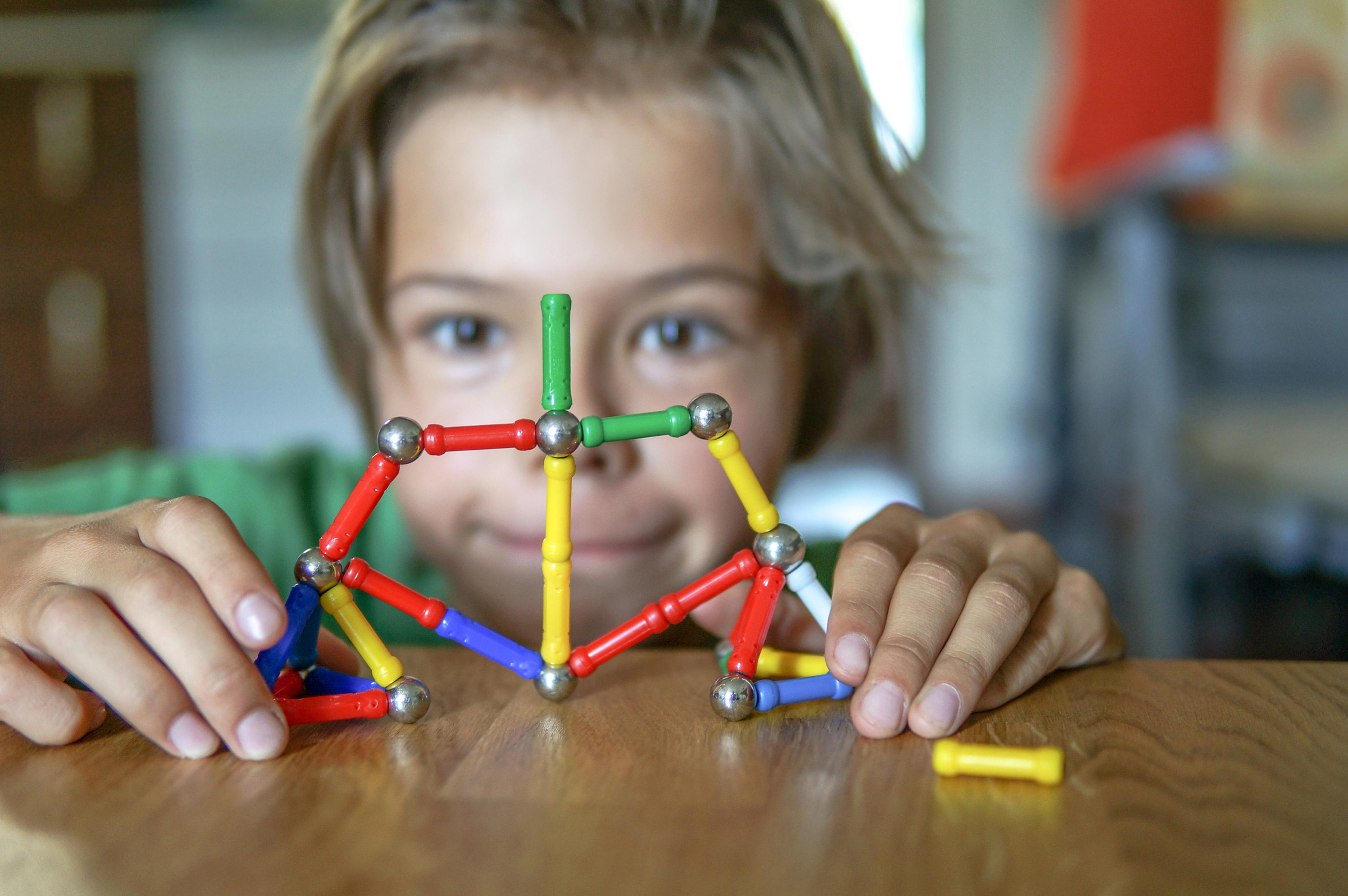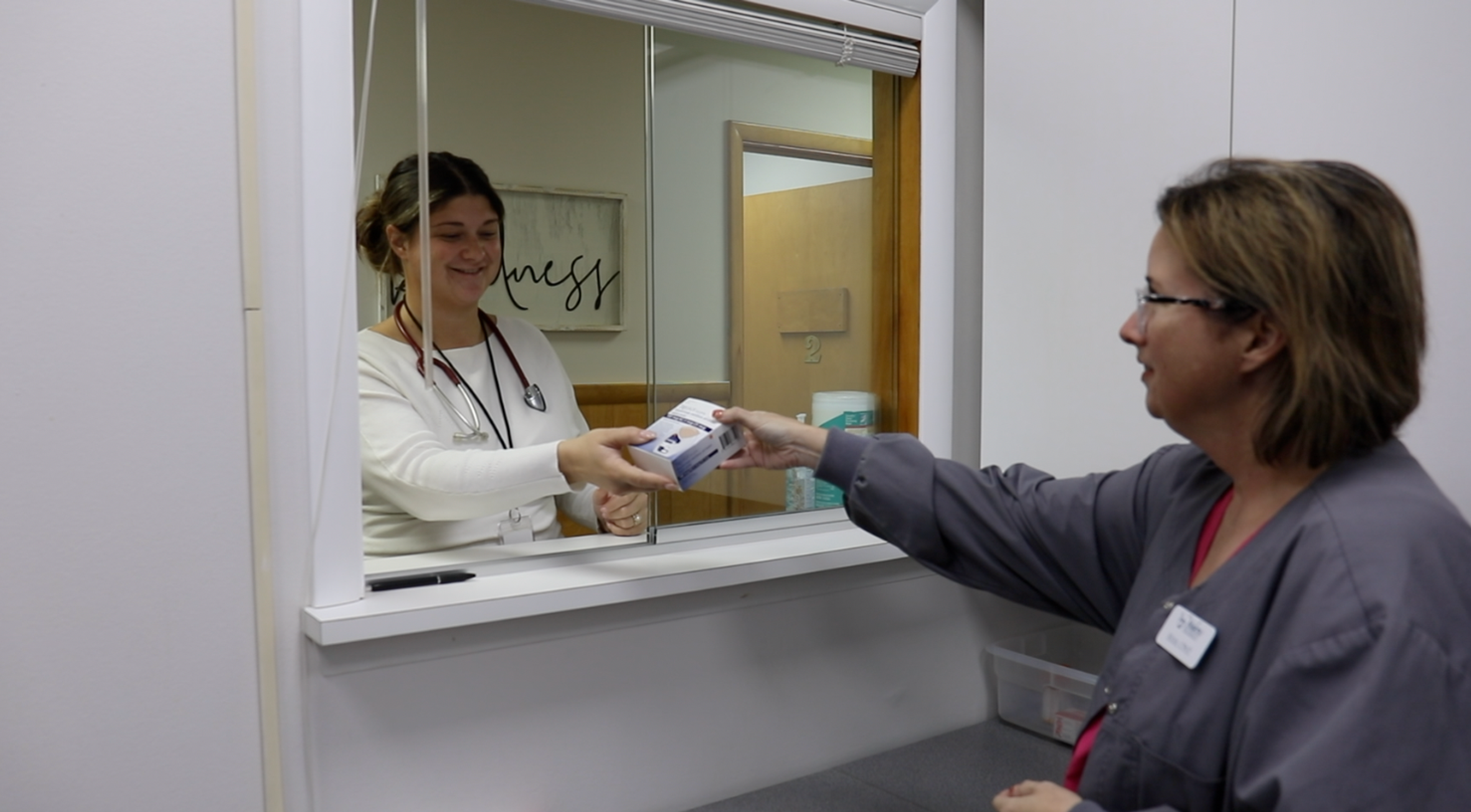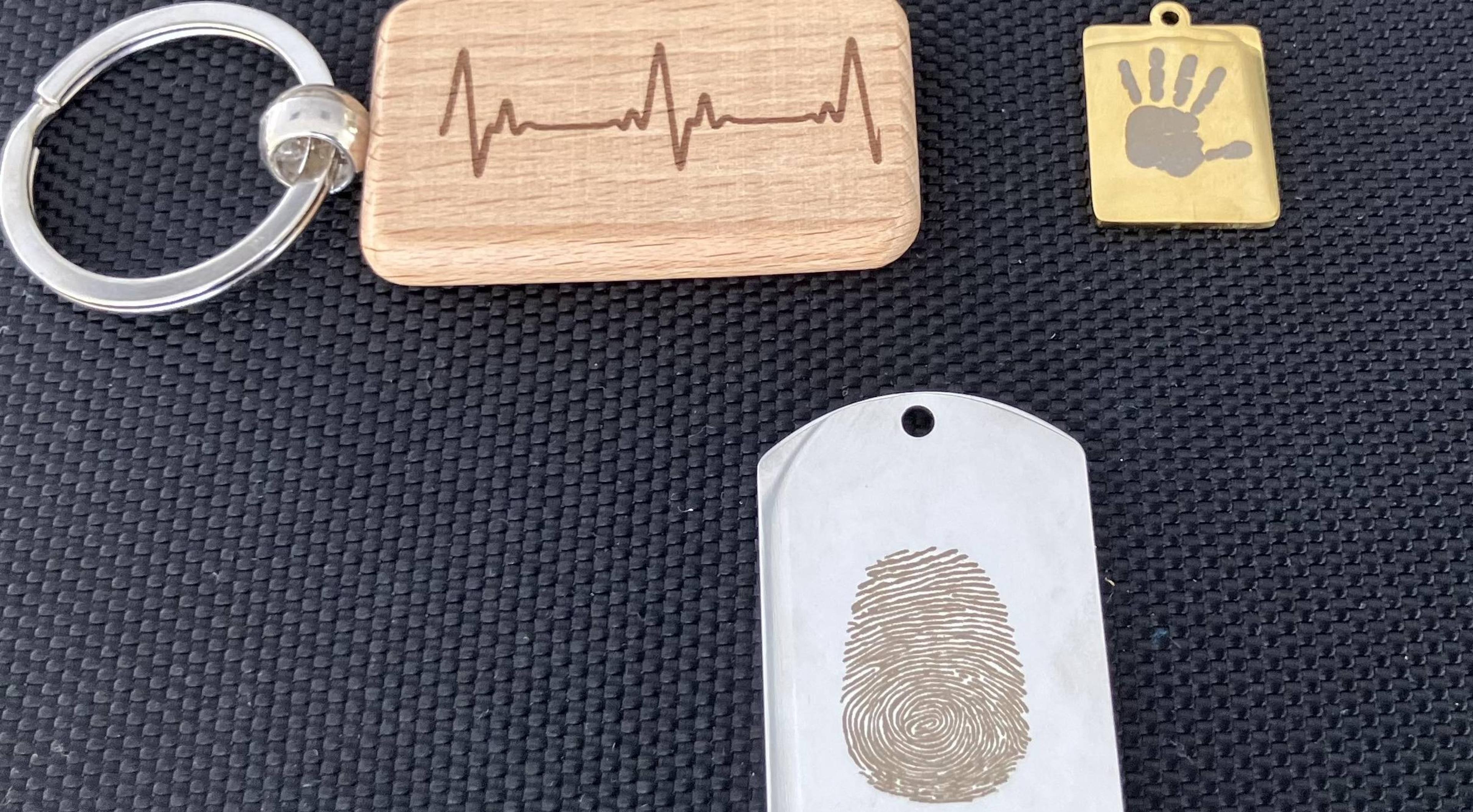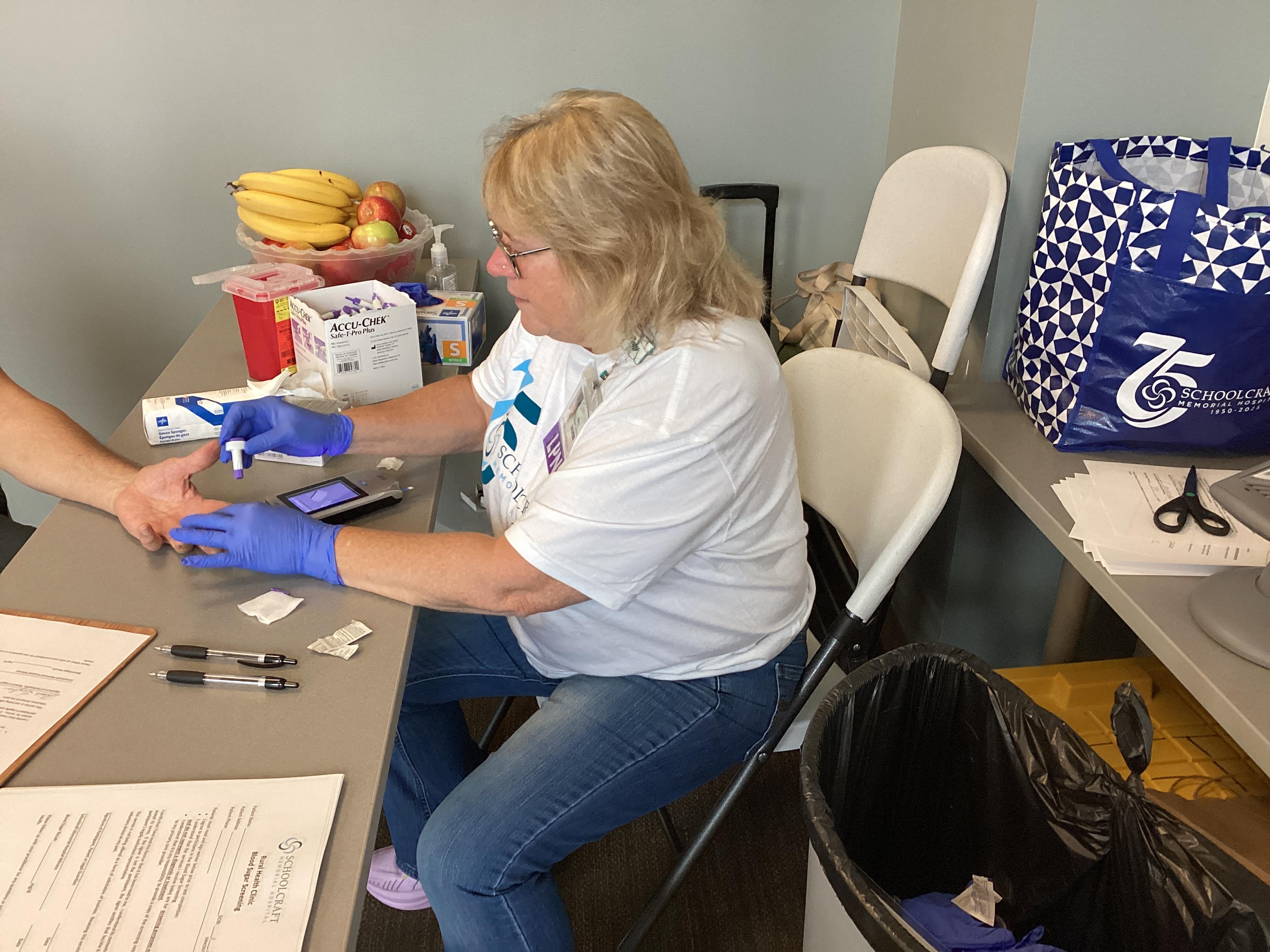Impact of the Pandemic on Child Abuse and Neglect

Dr. Kristyn Gregory, D.O.
| 4 min read
Dr Kristyn Gregory, D.O., is a former medical direct...
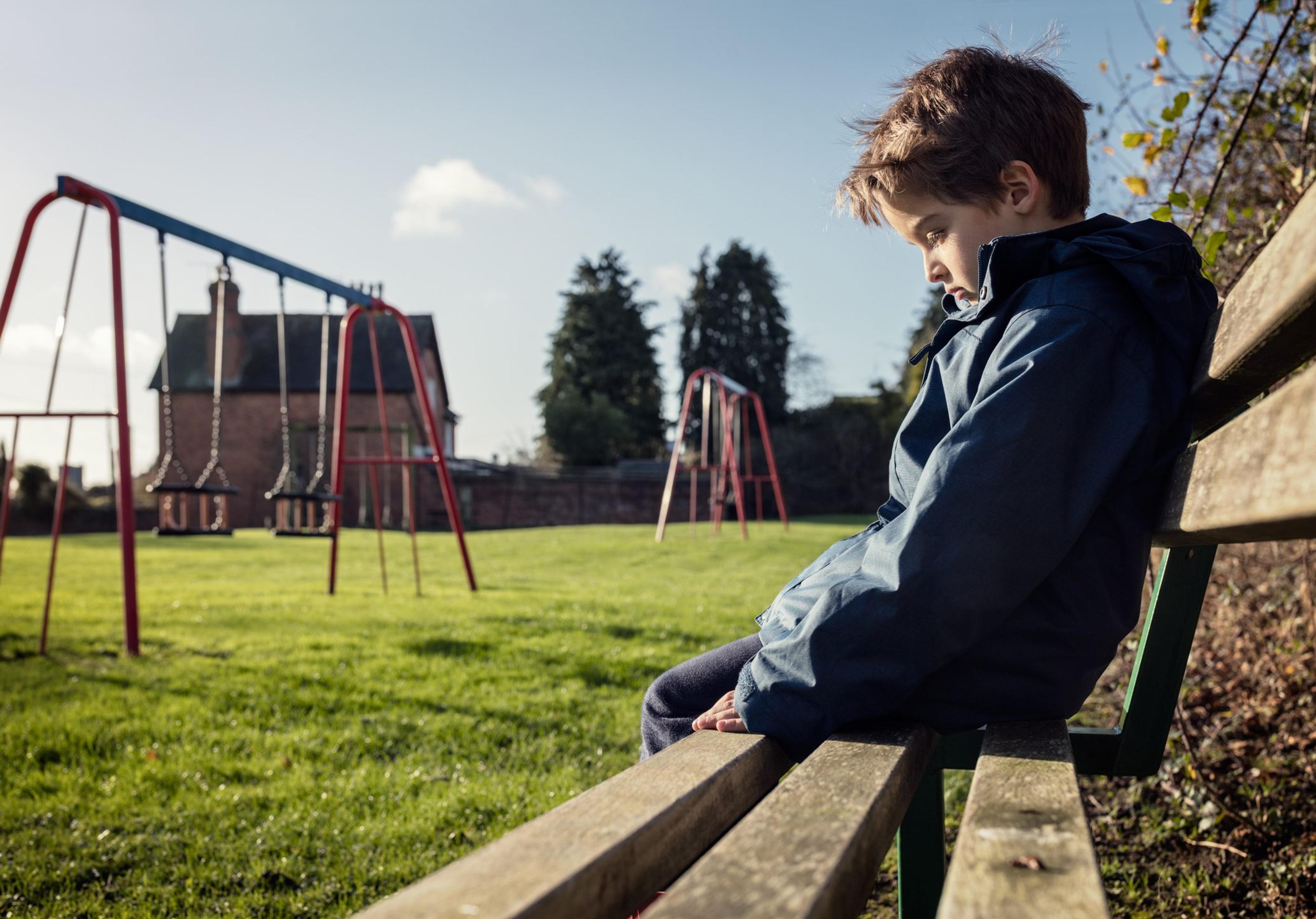
Hospitals saw triple the number of children aged five and older who had been physically abused during the first six months of the COVID-19 pandemic in 2020, according to a recent analysis. That was the time frame when many schools closed and stay-at-home orders were in place to control the initial spread of the virus. Most victims of child abuse are abused by a parent. Which means during the closures and restrictions of the pandemic, many children were isolated from individuals who know the signs of abuse like school staff, teachers and doctors – professionals who are mandated by law to report child abuse to the authorities. This left many children vulnerable to abuse. Experts believe the sharp drop in reports of child abuse in 2020 in Michigan did not represent the reality for many children. As many individuals lost their jobs or experienced work disruptions due to the pandemic, the increased economic stress added to the burden for many families. For households already struggling to make ends meet, the social isolation and uncertainty in 2020 created an environment ripe for substance abuse.
Types of abuse
These are the main types of maltreatment of children:
- Physical abuse. A physical injury to a child that’s not an accident and is caused by a parent, caregiver or other person is considered physical abuse. This can include punching, beating, kicking, biting, shaking, throwing, hitting, burning or otherwise causing physical harm.
- Neglect. If the parent or caregiver fails to provide for a child’s basic needs, this is considered neglect. This could mean lack of food or shelter, lack of medical treatment, lack of educational opportunities or inattention to a child’s emotional needs, including failure to provide psychological care.
- Sexual abuse. Activities performed by a parent or caregiver including fondling, penetration, incest, rape, sodomy, indecent exposure and exploitation through prostitution or through pornographic photos or videos are all considered sexual abuse.
- Emotional abuse. Any pattern of behavior by a parent or caregiver that impairs a child’s emotional development or sense of self-worth is considered emotional, or psychological, abuse. This can include withholding love and support, threats and/or constant criticism.
- Abandonment. If a parent’s identity or whereabouts are unknown and the child has been left alone in a circumstance where they suffer serious harm or their health and safety are serious risk, this is considered abandonment. Also, if a parent has not maintained contact with their child or provided support, this can also be considered abandonment. In some states abandonment is a form of neglect.
Signs of abuse
It may be difficult to be certain a child is being abused or neglected. There are some signs to watch for that may be indications a child is being maltreated:
- Fear of being at home
- Falling asleep in class or frequently fatigued
- Lack of impulse or emotional control
- Self-destructive behaviors
- Significant weight changes
- Frequent hunger, inappropriate clothes for the season and poor hygiene
- Swollen lips or chipped teeth
- Unexplained cuts, bruises, bite marks, burns, or other physical injuries
- Withdrawing from others or uncomfortable with physical contact
Report child abuse and neglect
Anyone can report child abuse or neglect if they suspect it. There are mandatory reporters of suspected child abuse and neglect, which include social workers, teachers, childcare providers, health care providers, school staff, mental health professionals and law enforcement. Here are ways to report suspected cases:
- Call 911 if someone is in immediate and serious danger
- Contact a local law enforcement agency
- Contact local child protective services – in Michigan call 855-444-3911 any time day or night to report abuse or neglect
Confidential hotlines are also available. The Childhelp National Child Abuse Hotline is available through call or text 24/7 at 1-800-4-A-CHILD (1-800-422-4453) with professional counselors available to offer crisis intervention, information and referrals to emergency services and support. Dr. Kristyn Gregory is a medical director of behavioral health at Blue Cross Blue Shield of Michigan. More from MIBluesPerspectives:
Photo credit: Getty Images

